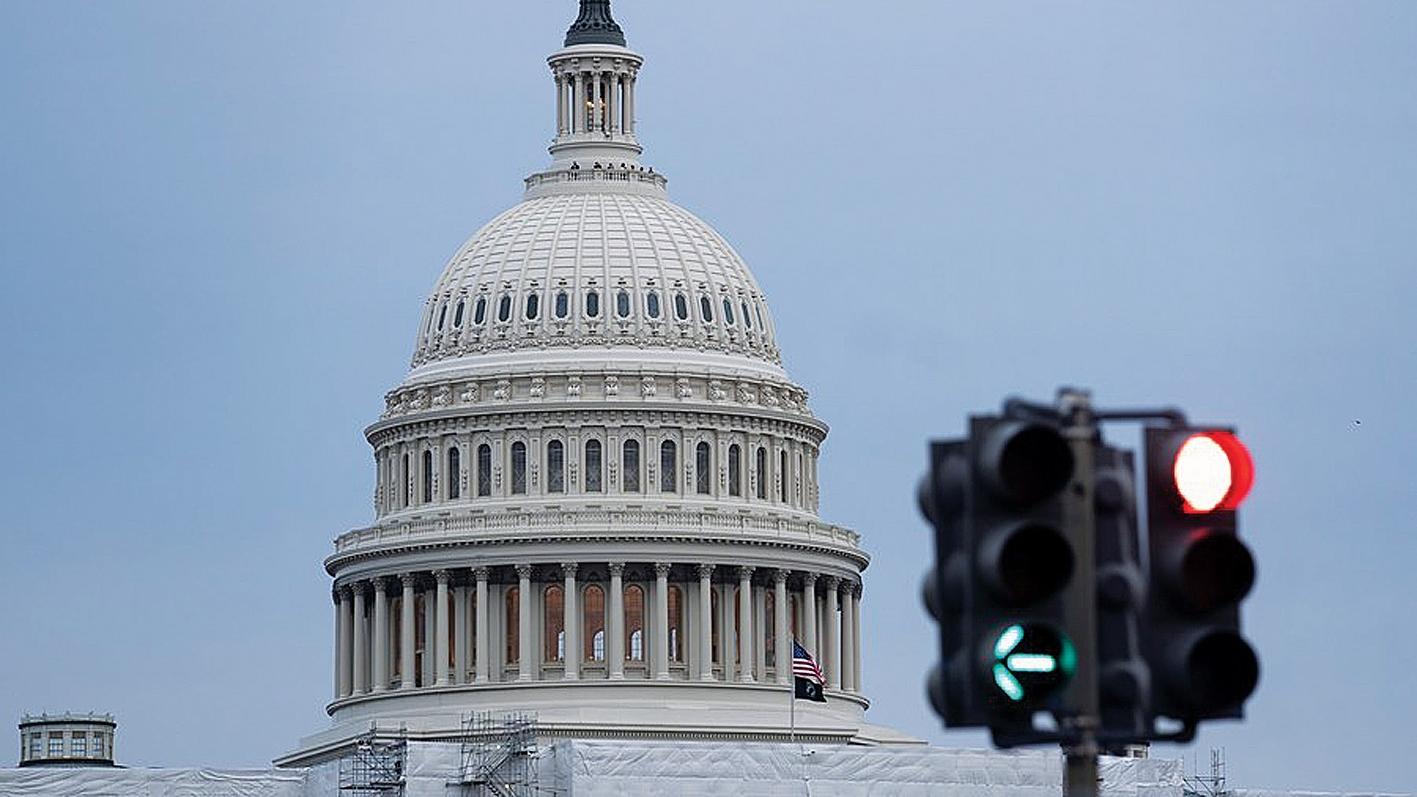Biden quiet over talks because of 2024 election impact, analysts say
 This photo taken on Dec 8, 2022 shows the US Capitol building in Washington, DC, the United States. (PHOTO / XINHUA)
This photo taken on Dec 8, 2022 shows the US Capitol building in Washington, DC, the United States. (PHOTO / XINHUA)
Attempts to revive the Iran nuclear deal failed last year because the United States and its Western allies had dragged their feet amid their expectations that the Iranian government would collapse as domestic protests mounted, said analysts.
Analysts also pointed to next year’s US presidential elections as the reason the Joe Biden administration has been tight-lipped on resuming negotiations concerning the Joint Comprehensive Plan of Action, or JCPOA, over concerns it would “damage its chances of a re-election”.
“Last year, amid ongoing protests in Iran, the US and the European Union appeared to have calculated that the Islamic Republic of Iran would either completely collapse or at least be under severe pressure,” Mehran Kamrava, professor of government at Georgetown University in Qatar, told China Daily as to why talks were canceled.
“In the year that has passed, not only has the Islamic Republic not fallen, but it has become a member of the BRICS in addition to having previously joined the Shanghai Cooperation Organization,” Kamrava added. At its summit in South Africa in late August, the BRICS nations — Brazil, Russia, India, China and South Africa — decided to invite Iran and five other nations to join the bloc.
At a press briefing in Teheran on Sept 4, Iranian Foreign Ministry Spokesman Nasser Kanaani said the final draft resolution of the nuclear talks was ready to be concluded in September 2022 to prepare the ground for all sides to return to the deal, Xinhua News Agency reported.
But the US and its European partners “had miscalculations after the unrest in Iran” and lost the opportunity to reach an agreement by “foot-dragging and refraining from concluding the negotiations”, Kanaani was quoted as saying.
In 2015, Iran signed the JCPOA with China, France, Russia, the United Kingdom, and the US, plus Germany — also known as the “P5+1”. In 2018, then US President Donald Trump unilaterally abandoned the deal and reimposed sanctions on Teheran.
Iran restarted its nuclear program in response, sparking international alarm, but it has always insisted its activities were safe.
Talks on the JCPOA’s revival resumed in April 2021 in Vienna, Austria, but nothing has happened since the last round of negotiations in August 2022.
The Associated Press reported on Sept 4 that Iran has slowed the pace at which it is enriching uranium to nearly weapons-grade levels, citing the United Nations’ nuclear watchdog, the International Atomic Energy Agency. This could be a sign Teheran “is trying to ease tensions after years of strain between it and the US”, it noted.
“Despite all others’ criticisms of the Iranian nuclear negotiating team and Iran’s foreign policy, we have to accept the point that it was the United States that withdrew from the JCPOA,” Ali Khansari, an international affairs analyst and graduate of regional studies at Allameh Tabataba’i University in Teheran, told China Daily.
Given the Western sanctions on Iran, Khansari said it was natural for Teheran to pursue its “neighborhood policy”, which aims to improve relations with neighbors and adopt “the policy of looking to the East”.
At the press briefing on Sept 4, in response to a question about whether the EU would decline to cooperate with the lifting of restrictions on Iran’s missile program based on a clause in the JCPOA, Kanaani said Teheran would take corresponding measures based on the other side’s actions.
He said Iran will remain committed to the diplomatic process to remove the US sanctions and pursue “neutralization” of the embargoes, as the country has managed to export its oil to global markets despite the sanctions.
Khansari said perhaps the most important reason for the non-fulfillment of the JCPOA and its revival was the “internal conditions of the US, and the conflict between Russia and Ukraine”, which has which has dominated the attention of the international community.


